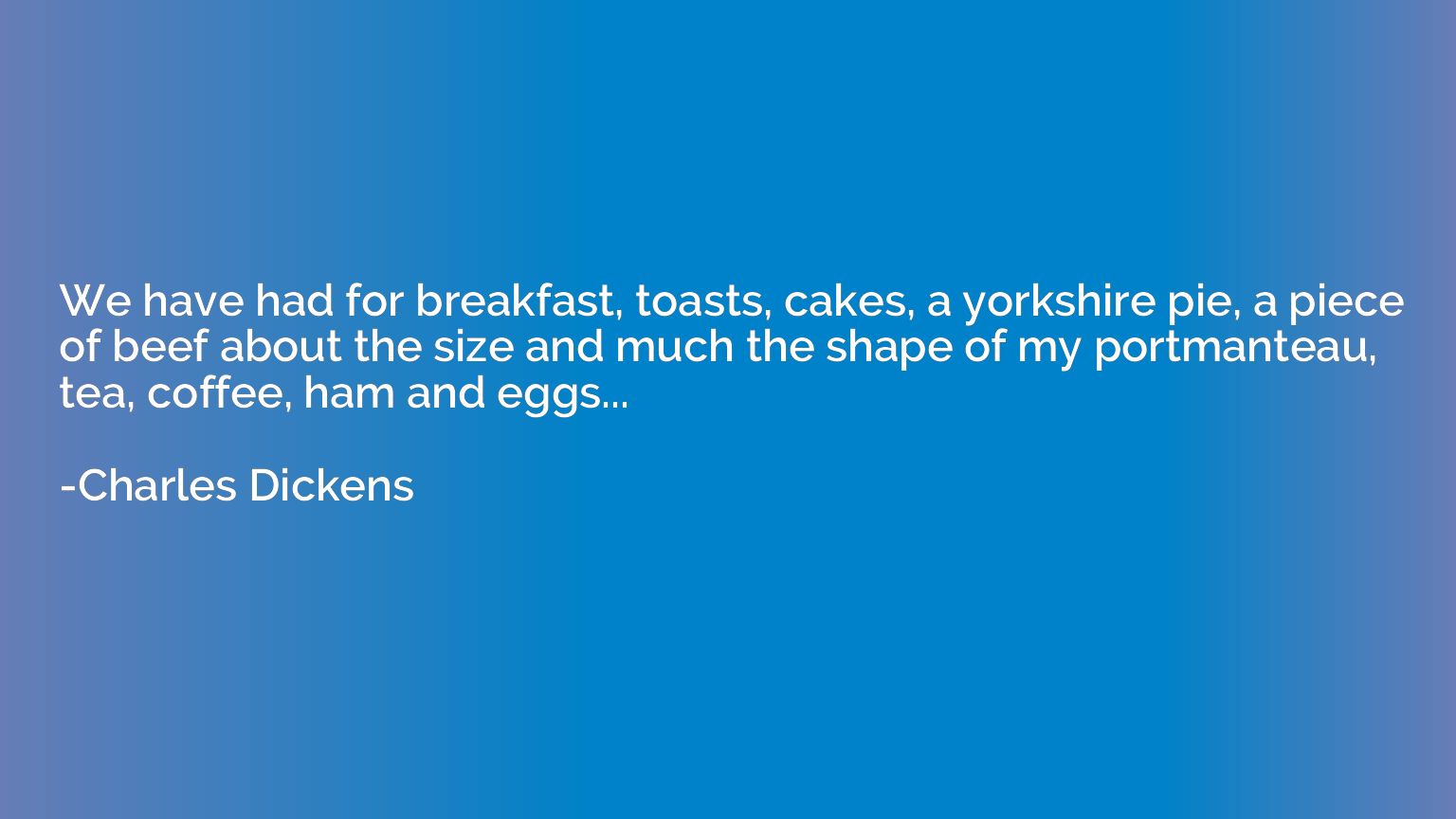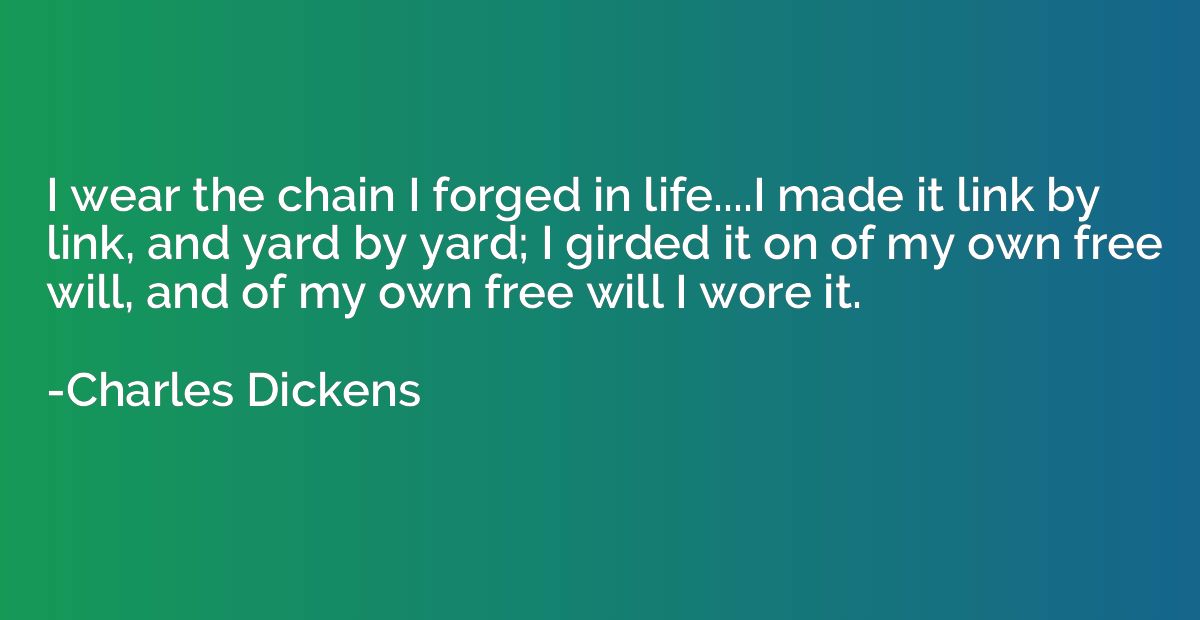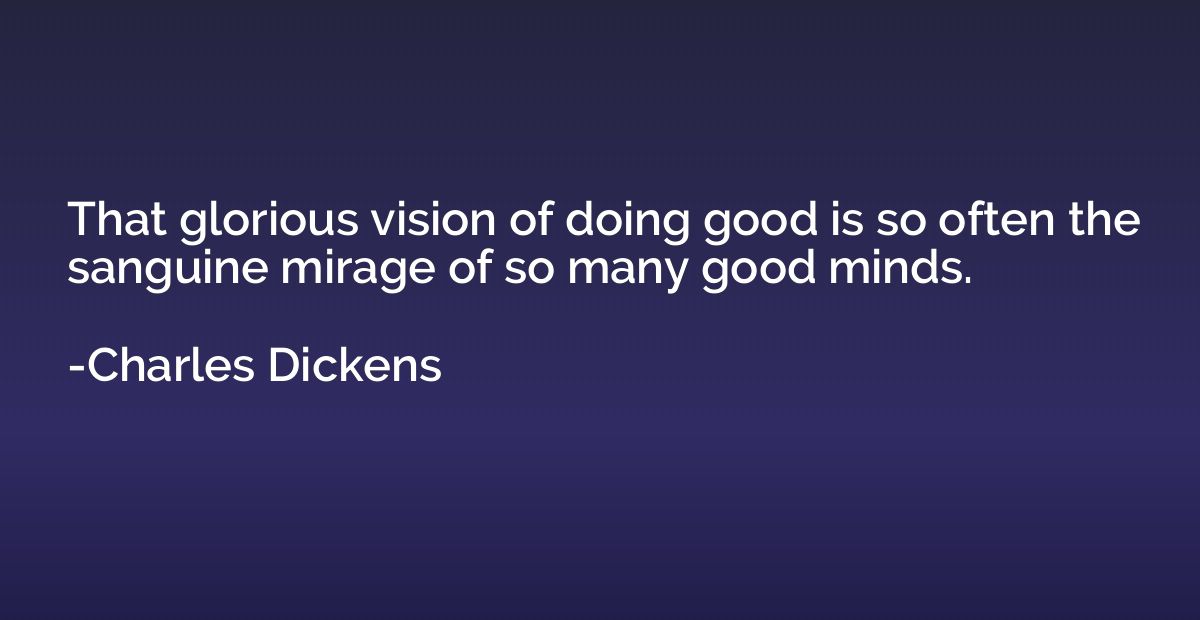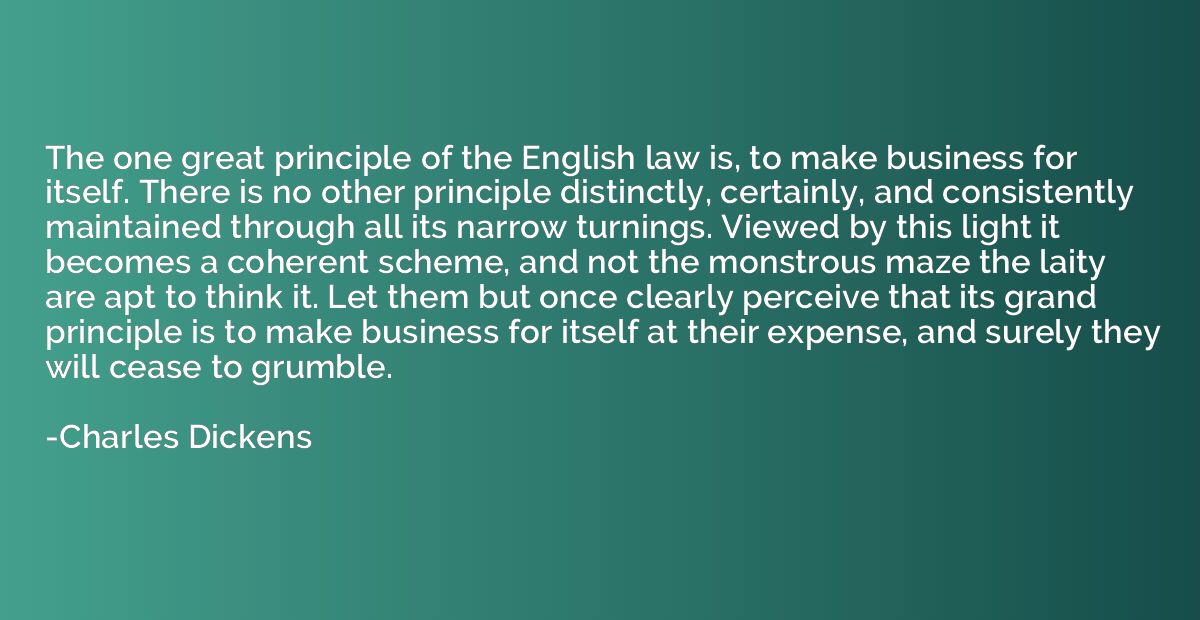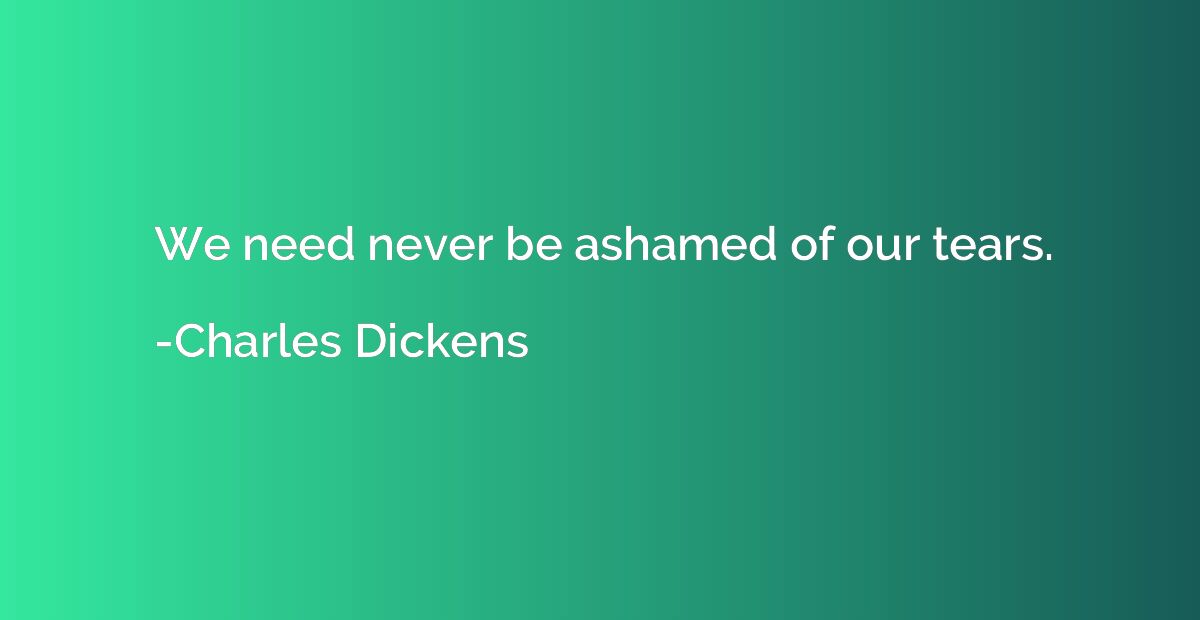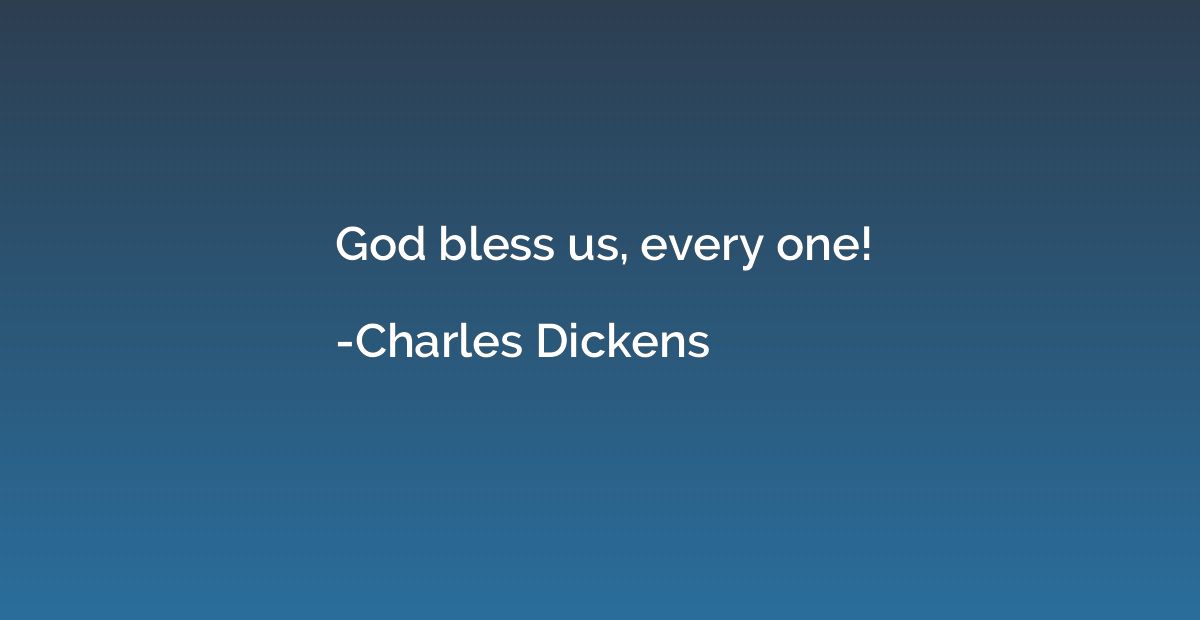Charles Dickens Quotes
A collection of quotes by Charles Dickens.
Charles Dickens was a renowned English writer and social critic, born on February 7, 1812, in Portsmouth, Hampshire, England. He was one of the most influential and prolific authors of the Victorian era. Growing up in impoverished conditions, Dickens experienced hardship and poverty, which greatly influenced his writing.
His literary career began as a journalist with his sketches and articles published under the pseudonym "Boz." However, his breakthrough came in 1836 with the publication of "The Pickwick Papers," a humorous and satirical novel that garnered him considerable success. Over the following years, Dickens produced many iconic novels, including "Oliver Twist," "A Tale of Two Cities," and "Great Expectations."
Dickens held a keen interest in social issues and used his novels to shed light on the injustices and prevalent social problems of his time. His works often portrayed the struggles of the working class and advocated for social reform. Additionally, his memorable characters and intricate plots captivated readers and solidified his position as a literary genius.
Although Dickens passed away on June 9, 1870, his legacy continues to thrive today. His novels are widely studied and celebrated for their timeless themes, vivid descriptions, and unforgettable characters. Dickens remains a significant figure in English literature, leaving an indelible mark on the literary world.
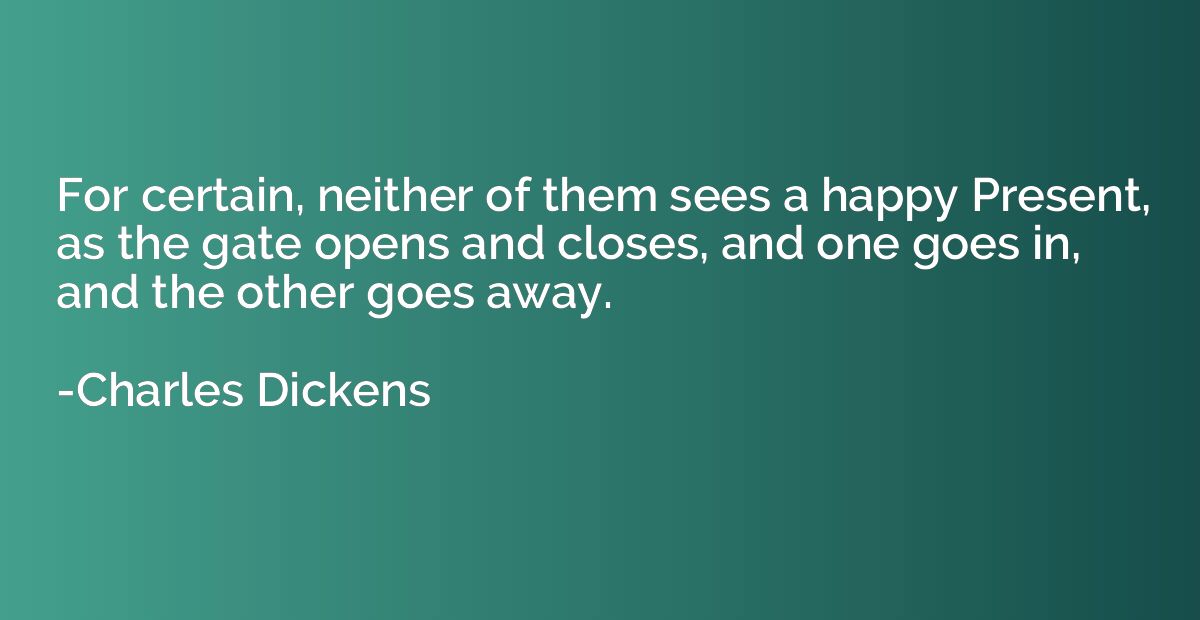



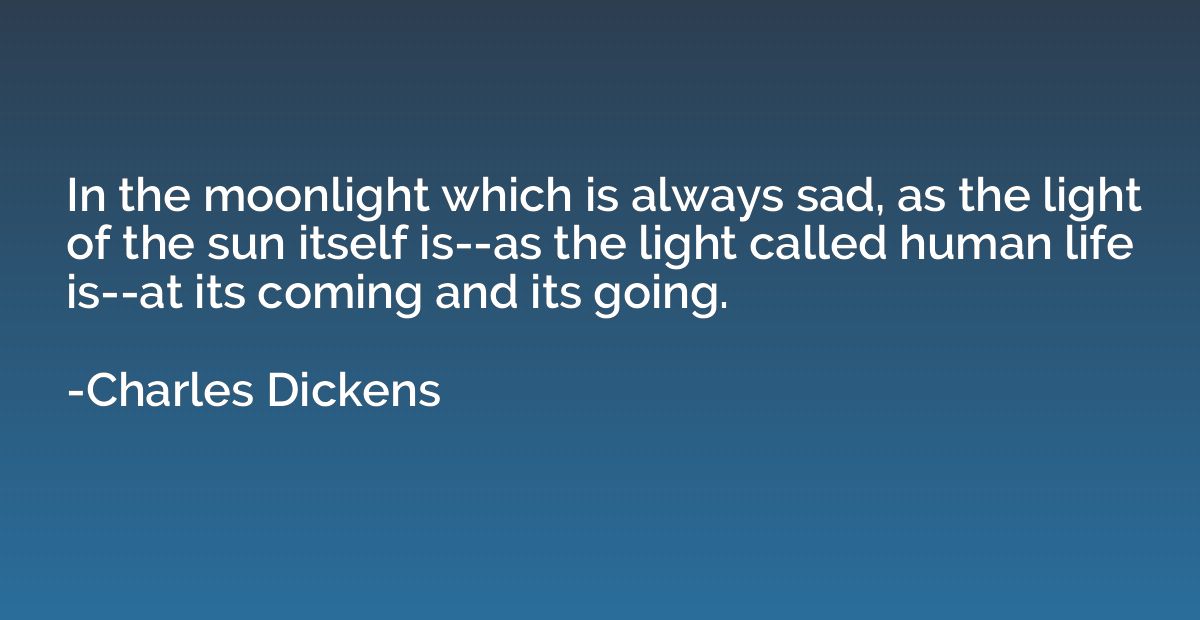
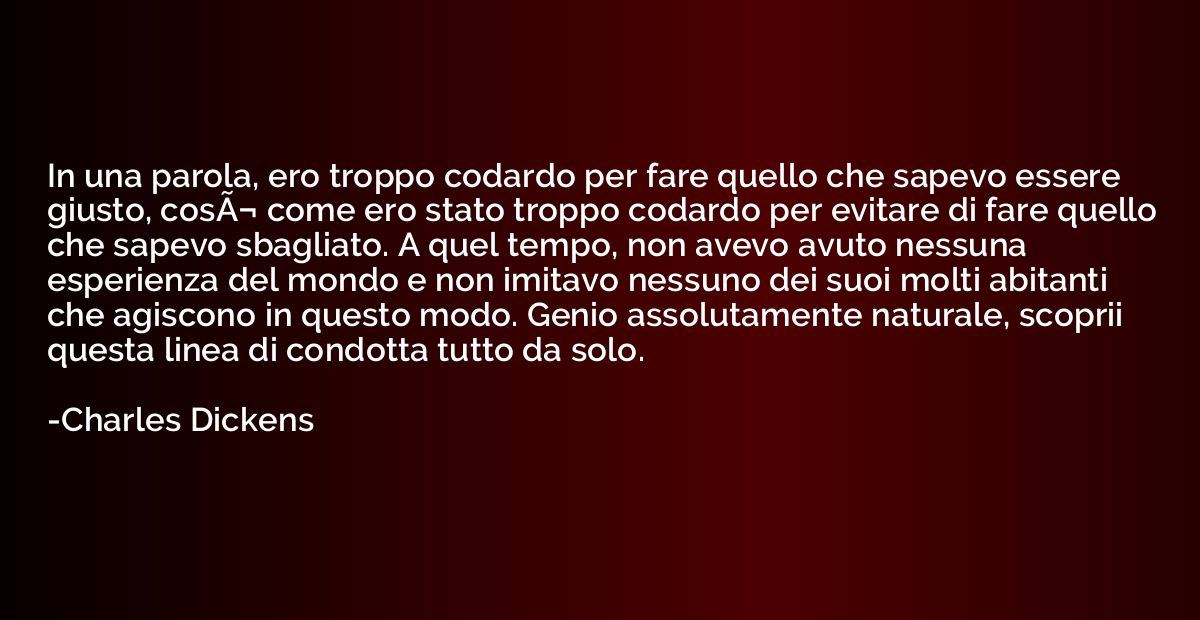

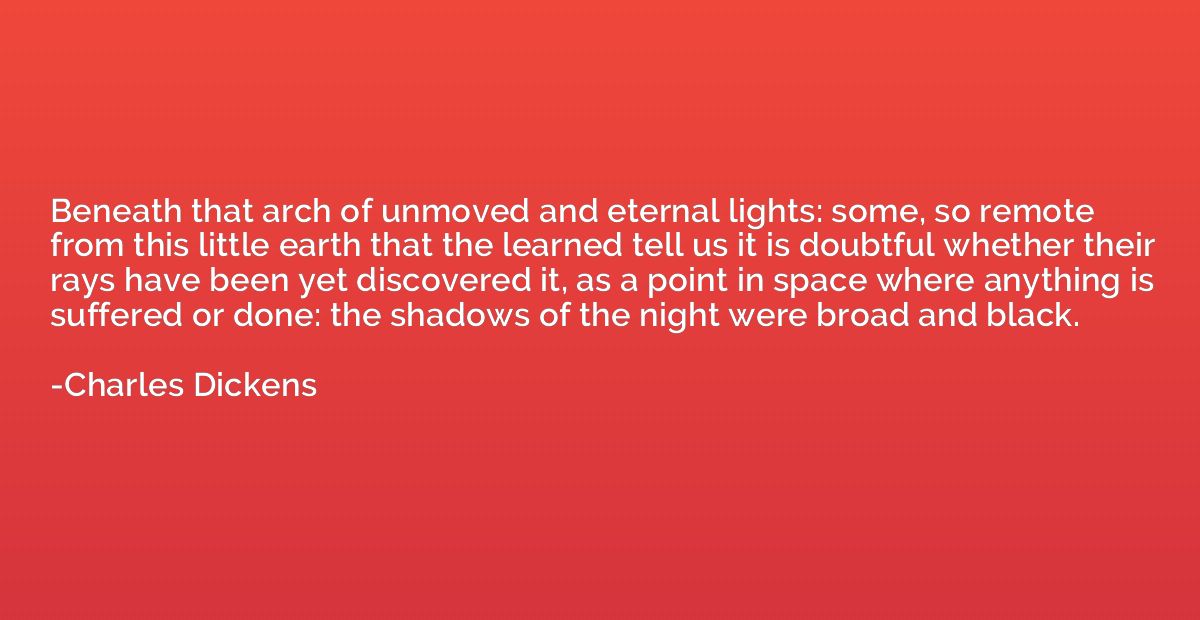
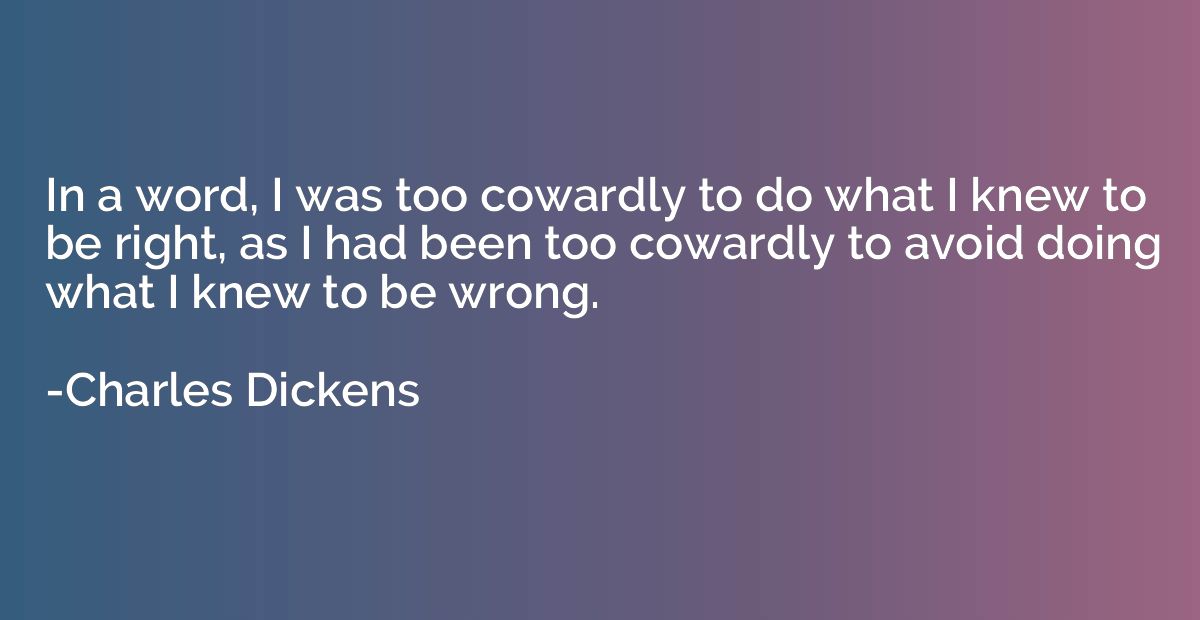
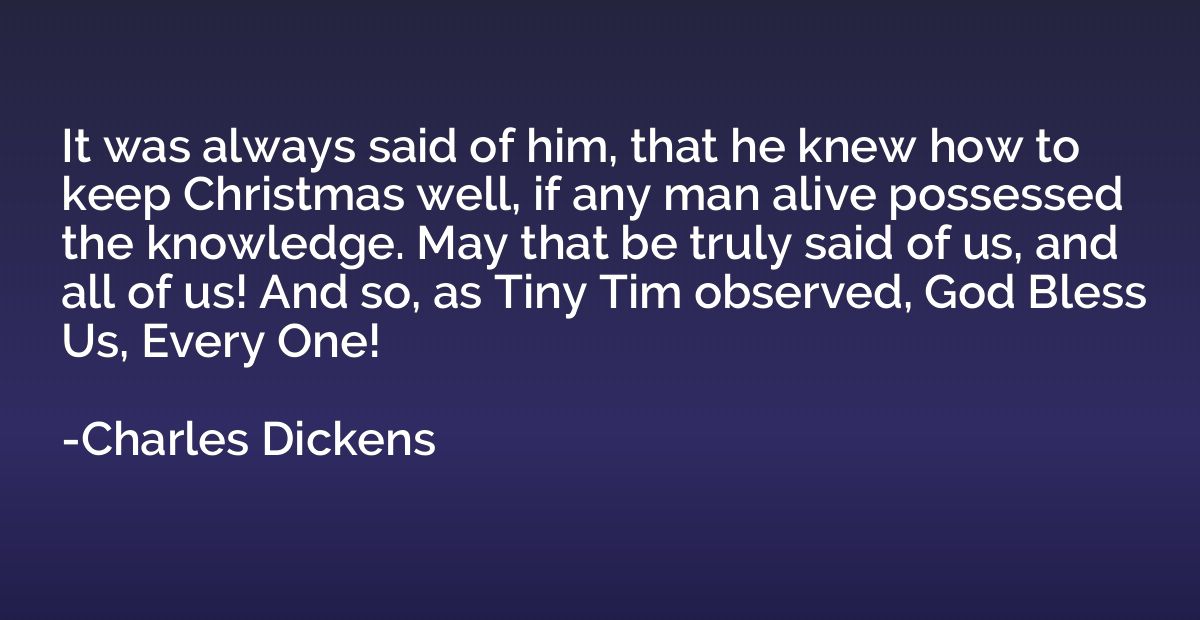
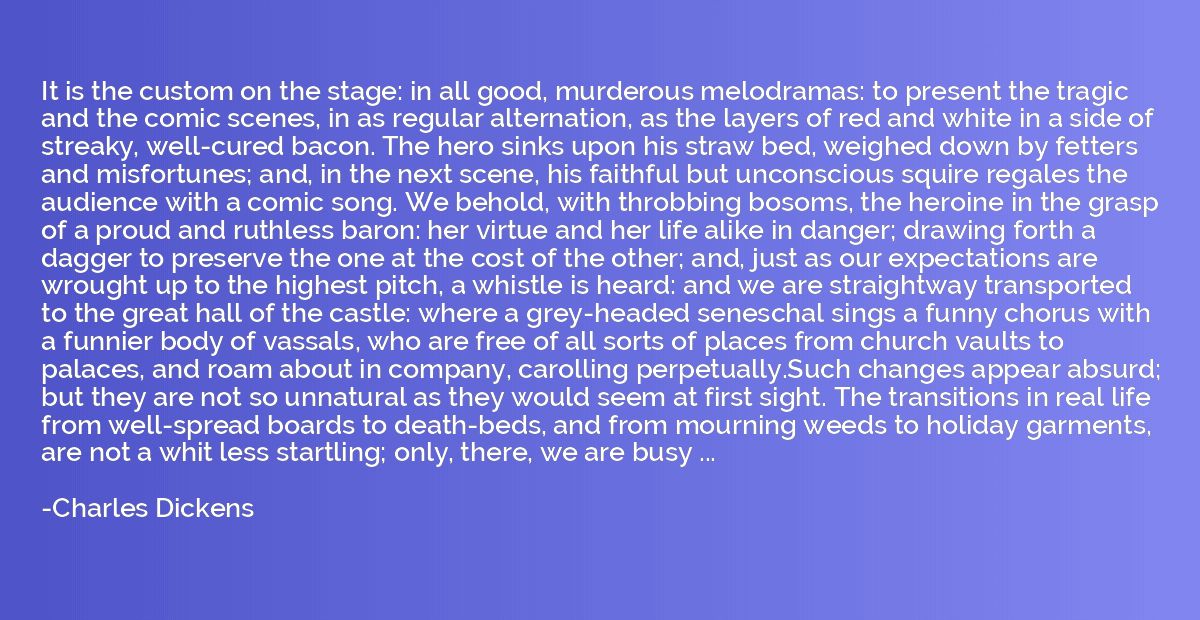
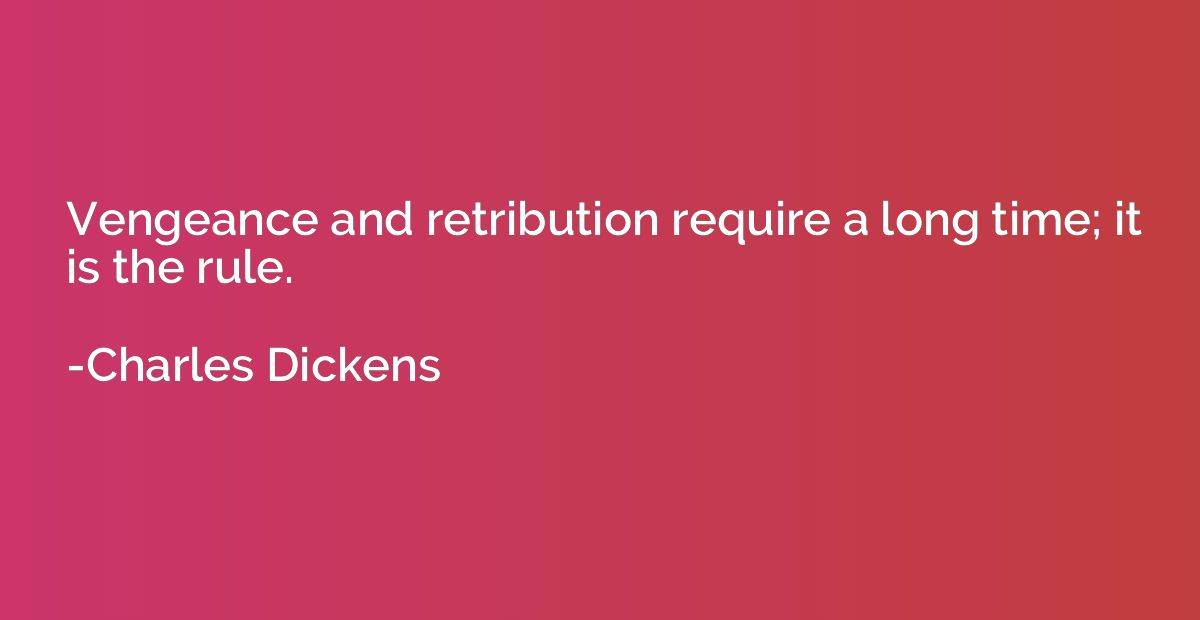
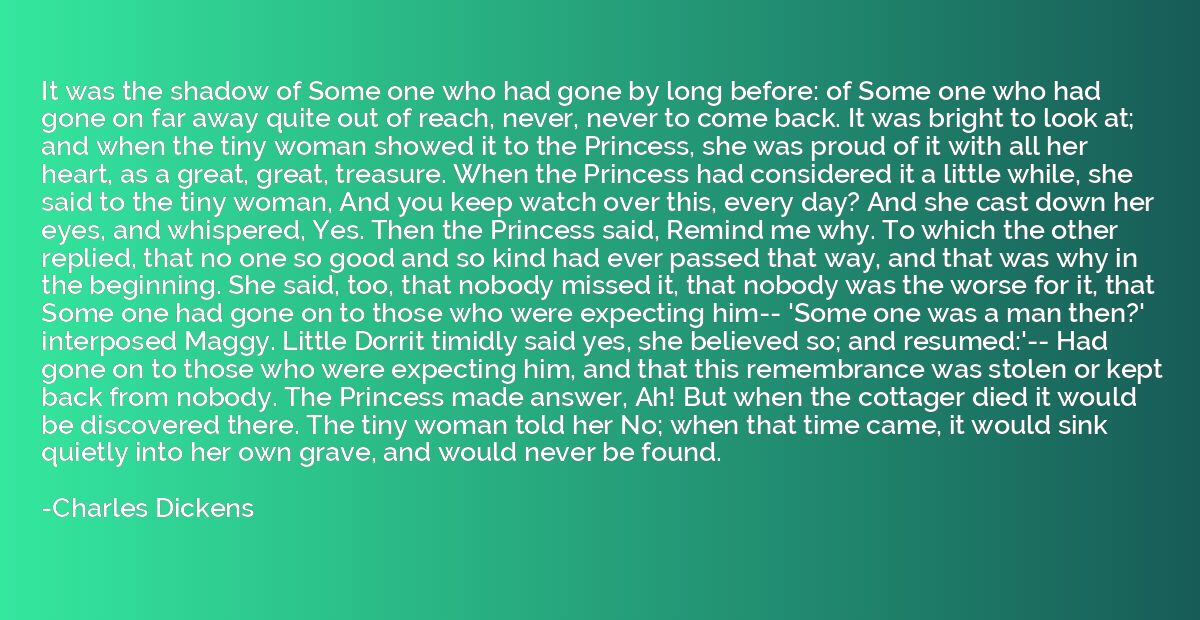
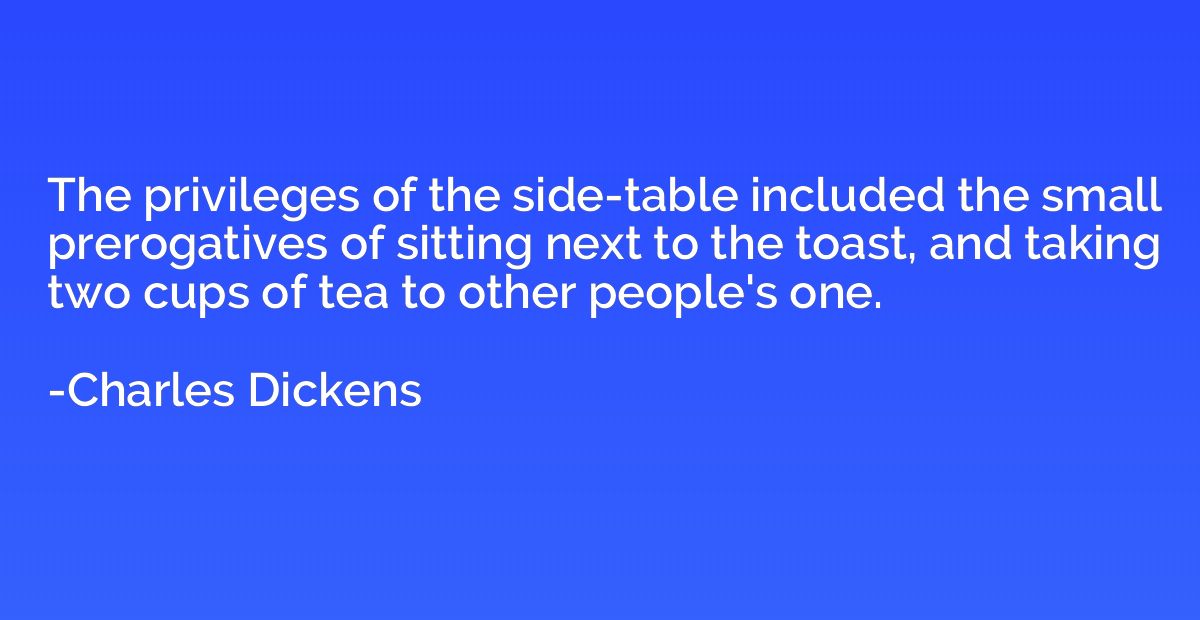

![[S]ome score of members of the High Court of Chancery bar ou](https://quotation.io/quotes/score-members-high-court-chancery-bar-mistily.jpg)
